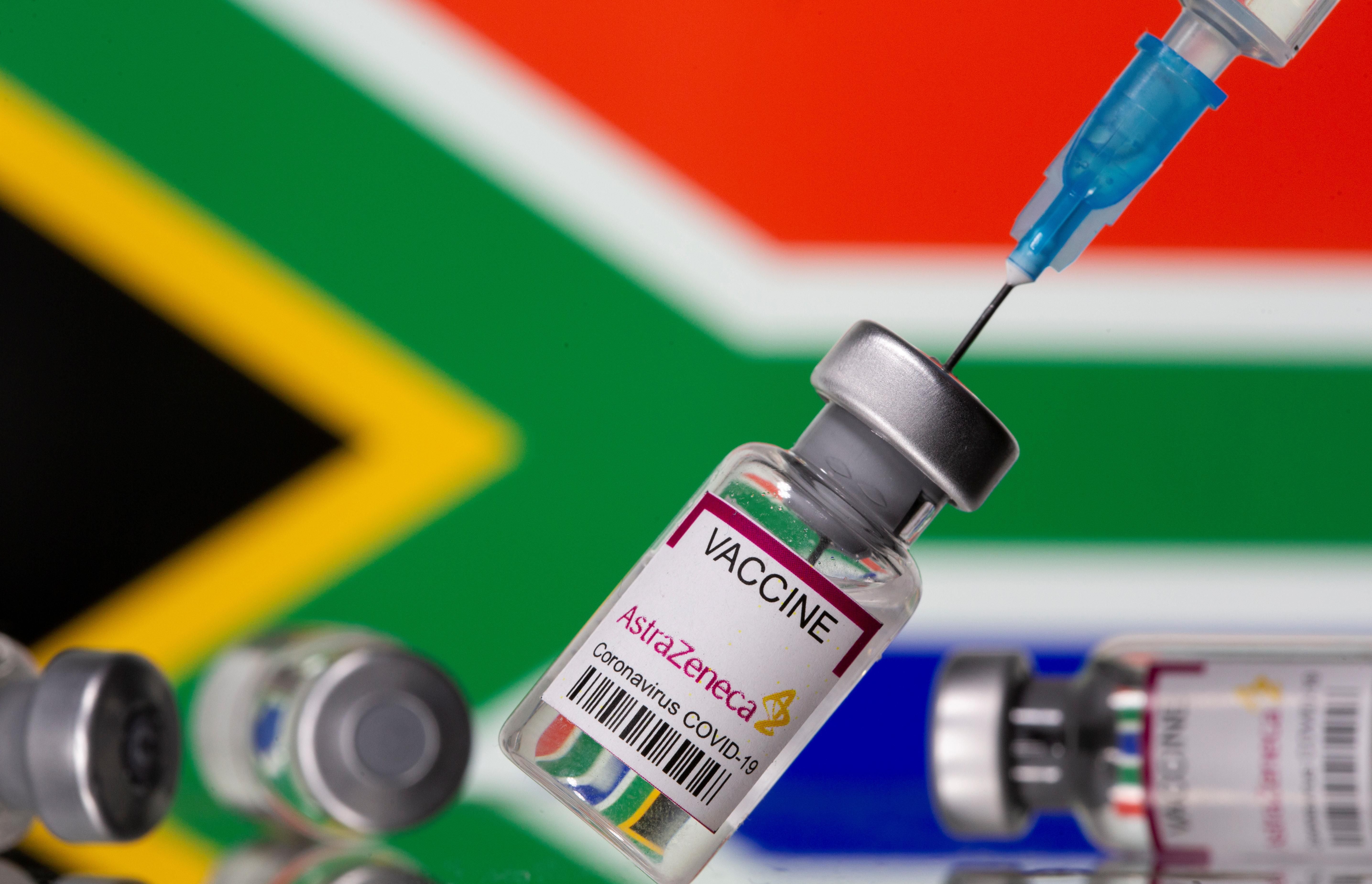What We're Watching: Africa desperate for vaccines, US-EU truce on airplanes, ICC probes Duterte
Africa is running out of vaccines: Africa has received fewer vaccines than any other continent, and the results are now showing. Faced with a third wave of infection, many African countries say that cases are soaring and that vaccine deliveries from the WHO-managed COVAX facility remain sluggish, in large part because of shortages from Indian drug manufacturers. South Africa, Namibia, and Uganda say that their healthcare systems are inundated with COVID cases; ICU beds are scarce, and COVID patients are dying while waiting for hospital beds. To date, just 0.6 percent of Africa's 1.3 billion people are fully vaccinated, and new variants are spreading, making containment across the continent even harder. (Cases in the South African province of Gauteng, home to the hubs of Johannesburg and Pretoria, where South Africa's more transmissible COVID strain has run rampant, have doubled over the past week, and doctors are bracing for a surge in deaths.) Meanwhile, the G7 countries agreed this week to send 1 billion COVID doses to poor countries, but experts warn that these may not arrive in Africa before most states' supplies run dry.
US and EU agree to truce on Boeing-Airbus row: After 17 years of quarreling, the US and the EU have agreed to put their differences aside in the ongoing saga over subsidies for Boeing and Airbus, their respective aerospace champions. In 2019, the World Trade Organization found that Brussels had illegally been providing subsidies to Airbus, essentially clearing the way for Washington to slap billions of dollars' worth of tariffs on EU products. Shortly after, the WTO found that Washington was doing the same thing for Boeing, violating international trade regulations and leading Brussels to threaten tariffs on US exports. In reaching this truce on the sidelines of the recent G7 summit, US President Joe Biden and EU representatives have agreed to suspend punishing tariffs — championed by former US President Donald Trump — worth a collective $11.5 billion a year on a range of products like whiskey, cheese, spirits, and tractors. But why now? President Biden has made it abundantly clear that he wants to get the Europeans on side in an increasingly bitter fight with China over a range of economic, human rights and tech abuses. The Biden administration also says that this move will help stabilize manufacturing jobs in aerospace and other sectors, reflecting its "foreign policy for the American middle class."
ICC to probe Duterte's drug war: The chief prosecutor of the International Criminal Court has asked permission to launch a full investigation of alleged crimes against humanity committed during Philippine President Rodrigo Duterte's bloody war on drugs from 2016 to 2019. Duterte's crackdown on drug traffickers has killed about 6,000 people, according to official police data, though local human-rights groups say the real figure is much higher. As expected, the Philippine government blasted the Hague's decision and vowed not to cooperate with the probe. In fact, Manila withdrew from the ICC in March 2019 in response to its preliminary investigation into the drug war. Duterte himself has kept quiet so far, but the threat of a full ICC probe won't draw any sign of remorse for his war on drugs, the signature campaign promise that helped elect him five years ago. Indeed, these days the Philippine president is more focused on choosing whom he'll endorse to run for the top job in next year's elections, and whether he'll be on the ballot as a vice-presidential candidate.
